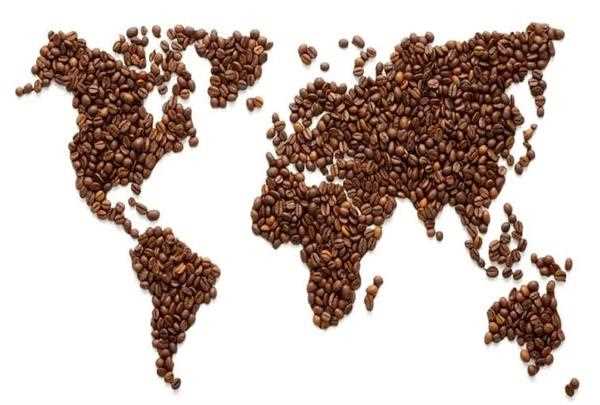Brazil is the largest producer of coffee in the world. This South American country has a long-standing reputation as a dominant force in the global coffee industry, consistently leading in terms of production and exportation.

Brazil's journey to becoming the top coffee producer began in the early 18th century when coffee cultivation was introduced in the country. The favorable climate, with its combination of fertile soil, ample rainfall, and ideal temperatures, provided optimal conditions for coffee plants to thrive. Over the years, Brazil's coffee industry expanded rapidly, and today it plays a pivotal role in shaping the global coffee market.
One of the key factors contributing to Brazil's success as a coffee producer is its sheer size. With its vast land area, Brazil has ample space for coffee plantations. The country's diverse geographical regions, including the high-altitude plateaus of Minas Gerais, São Paulo, and Paraná, offer varied microclimates that support different coffee varieties and flavors.
Brazilian coffee production is characterized by the use of large-scale mechanized farming methods. This enables efficient cultivation, harvesting, and processing of coffee beans. The adoption of modern technology and machinery has helped Brazil to achieve high yields and maintain a competitive edge in the global market.
Arabica and Robusta are the two main species of coffee produced in Brazil. Arabica coffee, known for its delicate flavor profile, is primarily grown in higher altitudes, while Robusta, with its higher caffeine content and more robust flavor, is cultivated in lower altitudes. Brazil is the largest producer of both Arabica and Robusta coffee, but Arabica beans constitute a significant majority of its production.
The Brazilian Coffee Industry Association (BSCA) plays a vital role in ensuring the quality and sustainability of Brazilian coffee. The association establishes strict standards and protocols for coffee cultivation, processing, and exportation. Through initiatives such as traceability programs, certifications, and sustainable farming practices, Brazil aims to maintain its position as a reliable and responsible coffee producer.
The impact of Brazil's coffee production extends beyond its borders. As the largest exporter of coffee, Brazil supplies coffee beans to countries around the world, meeting the global demand for this beloved beverage. Brazilian coffee is known for its smoothness, mild acidity, and nutty, chocolatey flavor notes, which have contributed to its popularity and widespread consumption.
Brazil's dominance in the coffee industry has shaped global coffee prices, supply chains, and trade dynamics. The country's production levels and market trends influence the overall stability and dynamics of the coffee market. Moreover, Brazil's prominence in the coffee industry has also contributed to the country's economic growth, creating jobs and generating revenue from both domestic and international coffee trade.
In conclusion, Brazil holds the distinction of being the largest producer of coffee in the world. Its favorable climate, vast land area, adoption of modern farming techniques, and commitment to quality and sustainability have propelled Brazil to the forefront of the global coffee industry. As a leading exporter of coffee, Brazil continues to influence the world coffee market, supplying consumers worldwide with its distinctive and flavorsome coffee beans.